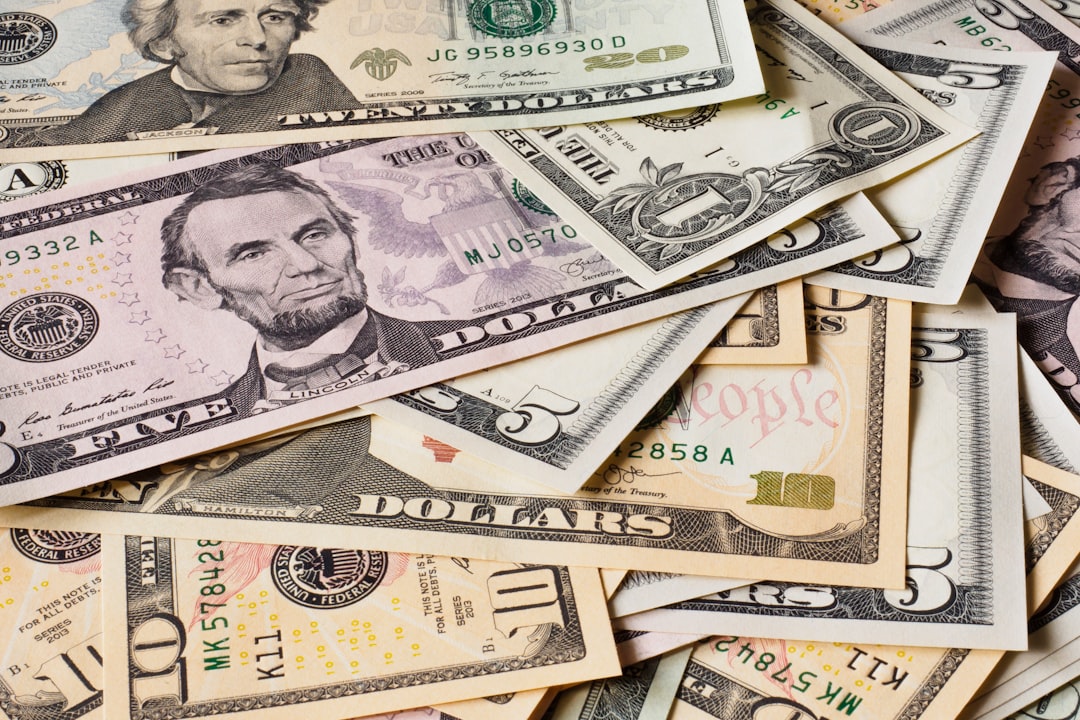- Cultivated
- Posts
- Cannabis taxes could generate $8.5 billion annually if the US legalizes
Cannabis taxes could generate $8.5 billion annually if the US legalizes
But a well-designed tax policy is crucial for capturing all that 💰
Good morning.
Today, we’ve got a look at the Tax Foundation’s new report on cannabis taxes, break down Arizona’s stellar sales numbers, and more. Let’s get to it.
Have a safe weekend.
A six minute read from JB and JR
BLUEPRINT FOR NATIONWIDE CANNABIS TAXES
Nonprofit Tax Foundation says federal legalization could generated $8.5 billion annually
What happened: The nonprofit Tax Foundation released a report on Thursday taking a look at what has and hasn’t worked when it comes to state cannabis tax policies.
It’s an effort to point the way toward what an effective federal cannabis tax policy would look like — if federal legalization, or something near it, comes to fruition.
Overall, the report finds that federal legalization could generate $8.5 billion in tax revenue annually, up from the $3 billion collected in 2022.
Why it matters: Well designed tax policies generate revenue with far less social impact than poorly designed policies. That’s especially true when it comes to cannabis, where there’s no real academic consensus around proper taxation, the report says.
But poorly designed tax policies could end up undercutting the legal market and forcing consumers and sellers back to the cheaper illicit market, if or when interstate commerce is allowed.
What are the challenges with cannabis taxes? Cannabis tax policy in the US, like most cannabis policies, is chaotic and complicated:
Each state has its own unique tax structure, based on price, potency, and weight, or some combination thereof.
Cannabis products aren’t federally standardized like tobacco or alcohol, and there’s no simple standard for measuring the THC content of a given cannabis product. Standard cannabis potency testing, as Cultivated readers know, comes with its own challenges.
Poorly designed cannabis taxes, where rates are too high, end up strengthening the illicit market — which legalization is explicitly designed to erode.
The big takeaways: The Tax Foundation recommends a federal potency-based cannabis tax that would function similar to the excise taxes levied on cigarettes and alcohol.
Potency taxes best capture the negative psychological social consequences of consuming ultra-high potency cannabis products by directing consumers to cheaper, less potent alternatives.
But reliable potency testing is still costly and often unreliable.
In that case, the Tax Foundation recommends an interim solution:
A hybrid tax based on potency where possible, and raw weight where not possible.
That way, once potency testing becomes cheaper and more reliable, the products can be transitioned.
The report says a base tax for products with less than 10% THC, which would double for products between 10-25% THC, and then double again for products containing more than 25%
This would capture the ‘negative externalities’ far better than a simple ad valorem or price-based sales tax, the report says.
What they’re saying: “A simple, low-rate, and low-cost tax system has the potential to raise significant amounts of revenue, while simultaneously decreasing social harms from cannabis by bringing illicit market transactions into a legal market framework,” said Adam Hoffer, the Tax Foundation’s director of excise tax policy, said in a statement.
🥊 Quick hits
The National Organization for the Reform of Marijuana Laws (NORML) released its annual legislative report, discussing the four states that legalized cannabis this year, and more.
Illinois Gov. JB Pritzker signed a bill that waives licensing fees for existing cannabis transporters and puts a hold on new transport licenses until 2027.
A bipartisan group of former US attorneyspublished a letter urging the Department of Justice to keep cannabis on Schedule I, rather than rescheduling to the less restrictive Schedule III as other federal agencies have recommended.
ARIZONA RAKES IN CANNABIS SALES
The state generated over $1 billion in cannabis sales this year
Driving the news: Arizona raked in well over $1 billion in cannabis sales through September of this year, AZ Mirror reports.
Data from the Arizona Department of Revenue shows that medical sales remain about one-third of recreational or adult use sales,
Why it matters: The state remains one of the bright spots for an industry struggling with declining margins due to declining wholesale prices and slower sales in the back half of 2023.
Still, Arizona’s cannabis industry drove $174.5 million of tax revenue so far in 2023. The state levies a 16% excise tax on top of regular sales taxes, on top of an additional 2% tax levied in most jurisdictions.
That’s perhaps a framework that other states should look at adopting.
📚 What we’re reading
📈 Deal or No Deal
The Cannabist Company is expanding its partnership with minority-owned edibles company ButACake.
Hush, the Bronx’s second dispensary, opened its doors on December 14.

